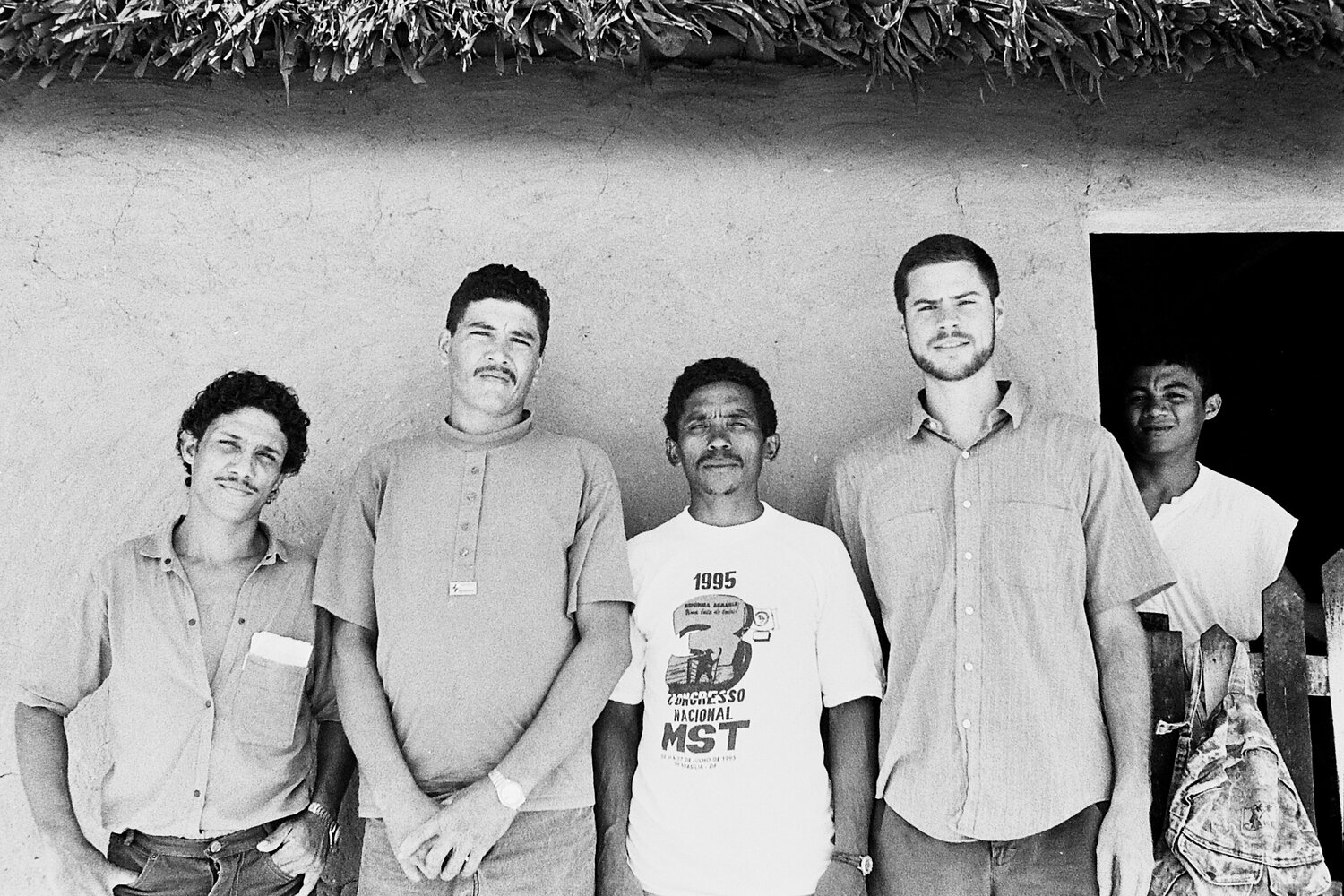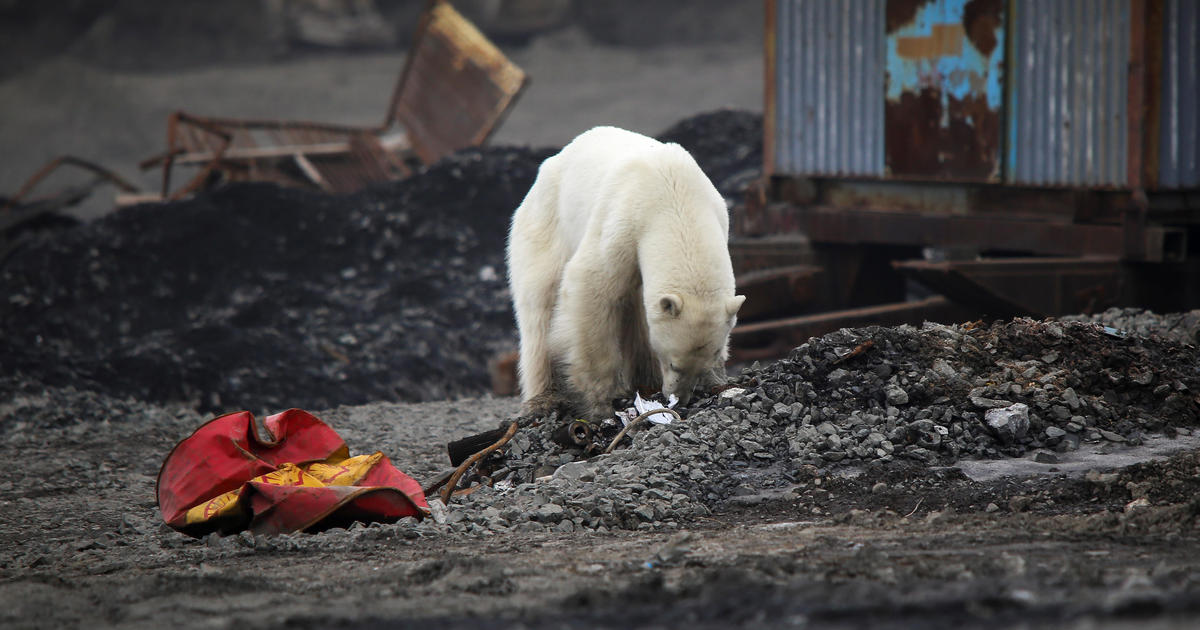Such assertions are impossible to make on evidence. They are absolutely unscientific.
So here's a list of the unknowns...... or unknowables...... in our data over the past 30 years and the less reliable information/data of the past 100, and the even less evidenced last 200 years.
We do not know what causes interglacial warms, or the variations characterisristic within those warms, which are of comparable magnitude with our current excursion. Any "Scientist" who does not begin the discussion with this caveat is a blowhard ******* so far as scientific qualifications can go.
The current climate in the research community is more pressured than "Science".
Look, I know you musta be a paid staooge posting political activist ****;, because you so rarely respond in an even thoughtful way to considerations which don't support the political agenda of using climatge alarmism to support political objectives like the fabled virtues of world Fascism.
But I'm willing to look at the data, reserving my skepticism about what it means while accepting actual data.
Like I said above, Artic meltoffs happen, and repeatedly.
Every interglacial warm achieves that several times before the sudden and dramatic return to the more usual temperature regimes of Ice Ages. Our current melfoff is not out of the league with others we have have evidence of. There's a reason the wooly mammoths have been caught unprepared in the Arctic. There was lots of feed there, and it was pretty warm to boot. We don't have that up there yet in this event.
Continuing the checklist........ Part One..... Known Cycles in Nature
(1) Galactic rotation of the Milky Way around some center of clustered galaxies..... Brings us into varying densities of space dust and hydrogen "clouds", and maybe variations in proximate "dark matter" phenomena.
Could cause variations in solar cycles and other less extensive cycles in nature susceptible to impacts of changing space environment...... magnetism, upper atmospheric order, intensification of solar processes(or waning). We have no knowledge of how incoming materical being collected by the Sun may alter radiance or internal nuclear processes.
(2)Milky Way rotation, about 65 Million years....... moving us through nonuniform space resulting in some but likely lesser variations in space context.
(3) Solar system variants in relation to other planets. No astrology here, just recognition of asteroids and other debris we encounter, and the probably slight effects of interplanetary events.
(4) Solar cycles......
The 22 year cycles has had some observational research, but there is little we can now know about longer-term cycles, at present.
Inside our planetary space.....
(5) Atmospheric cyclic variations........fluxes in the qualitative/quantitative character of what's above us. Possibly related to disturbances caused without, or within the various layers being considered. Variations in magnetism both outside the earth space, and from within the earth's core.
(4) Variations in surface and lower atmospheric dynamics...... now being studied with appreciable funding.....but still relatively new and without long term data. We have a short list of "Oscillations" with speculative interrelations now being used to predict "weather".
(5) Variations of internal Earth processes.
A little volcanism can have severe impacts on short term climate, an age of volcanism as we have in geohistory would have as much as a million years or even 50 million years duration. Such an event would take current greenhouse gas contributions from an order of magnitude presently dwarfing human emissions to excursion of and order or two in magnitude greater still. We have no data on worldwide volcanic emissions. A lot of this happens undersea, or under hotspots like the Anarctic. A signal possibly related to shifts in volcanism would include an unexpected, otherwise unexplained, change in oceanic carbon dioxide outgassing (or other gases like SO2)
A recent professional peer reviewed article reported such outgassing and called for some second thoughts about the ability of anthropogenic carbon diosice emissions in relation to recent atmospheric increases. The article has been ignored. Not political useful.
Really.
I mean "Wow". This fact discredits the objectivity of the whole climate change alarmist "established consensus Science"
The obvious first explanation for the increased outgassing is warming oceans. Some scientists have been saying the increased CO2 recently is a lagging indicator of climate change, not a leading one. Climate change perhaps more attributable to heat inputs from the seafloor than from the surface.
We know the Antarctic is a geologic hotspot, with massive heat anomalies coming from the core. Not enough to melt the ice entirely, but forming underice lakes and rivers which help ice flows out to the sea.
We have learned recently, that only half of the heat being provided to the surface of the earth by the core is residual from the molten past. We now know that about 2 billion years ago, there has been an increasing nuclear generation of heat within the core. Nuclear reaction rates are highly dependent on location and concentration of reactive nucleii. We can imagine that at the outset of our planet, there could have been a rather uniform or dispersed state, and that with solidification and the establishment of a gravitational center, we have heavy atoms settling downward....
But the more important reaction now appears to be due to the iron core providing a crystalographic site for deuterium fusion under heat and pressure.


